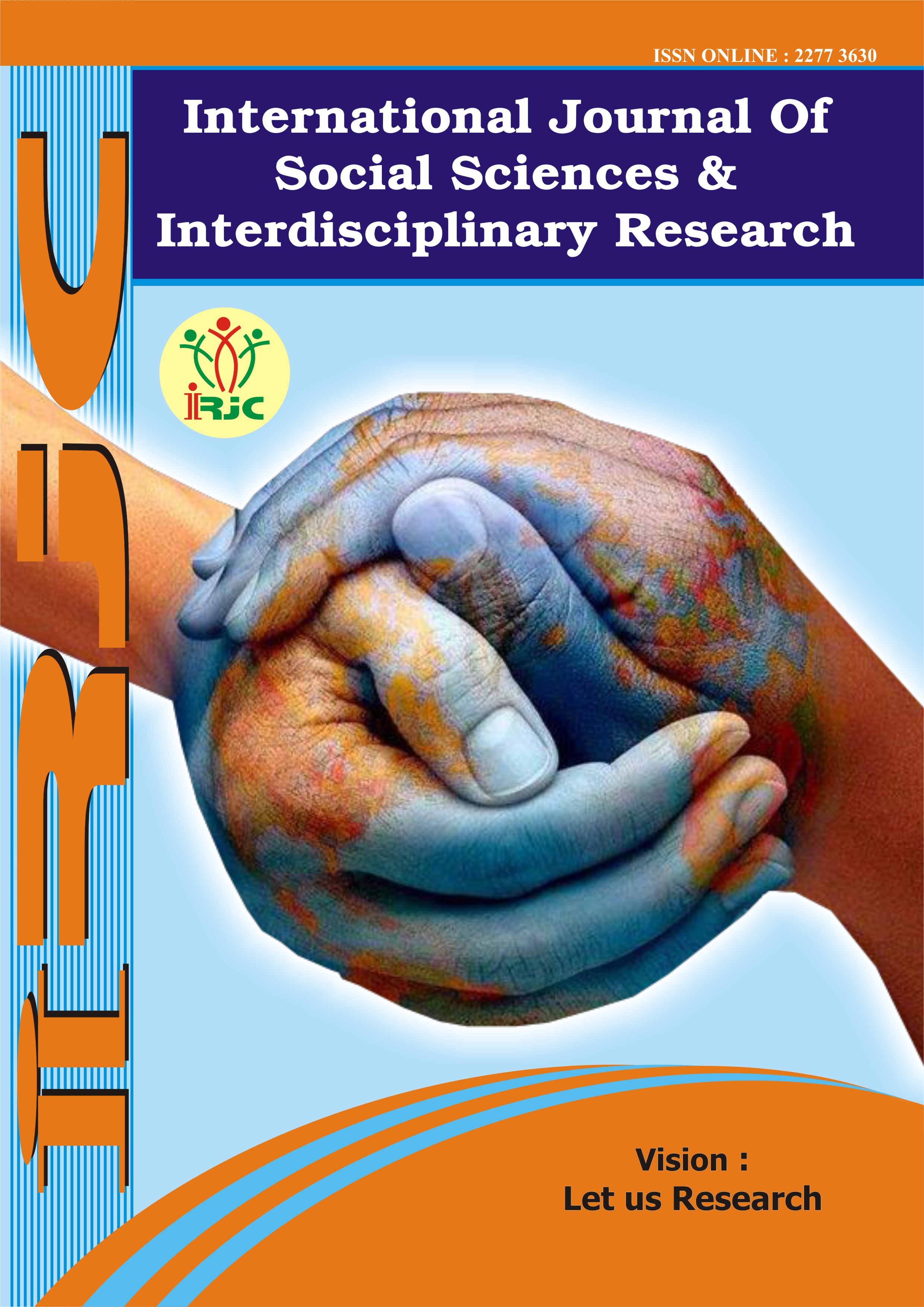THE ROLE OF BEHAVIORAL ECONOMICS IN CONSUMER DECISION-MAKING
Keywords:
Behavioral Economics , Consumer Decision-Making , consumption , prospect theory, and mental accounting.Abstract
This paper aims to analyze how behavioral economics theories and practices play an importantl role on consumption and consumer choice behavior. Behavioral economics main purpose is to obtain deeper understanding of human behavior and interactions, also to understand how they interact both as individuals and as a group. Moreover, by observing how an individual chose its precious time, income or even assets we can assume how that individual shall make the choices. Among many important theories of behavioral economics, prospect theory and its loss and gains aspects are mostly and widely studied, thus applied aspects on consumption. Prospect theory show that individuals are loss-averse, hence they more dislike losses rather than counterpart gains, therefore they are more willing to take risks to avoid a loss. Consumer behaviors towards losses or gains may also lead towards endowment effect an attachment feeling towards valuing and paying higher price for an item that is already in possession, rather than owning a new one (Thaler, 1980) . In behavioral economics consumer choice is influenced also by mental accounting, where according to Thaler (1985) is used as a cognitive bookkeeping tool that consumers use in order to keep records of financial activities and to control consumption. Application of behavioral economics theories and examples illustrated in this paper aimto show that BE and its principles have been applied in many consumption and consumer choice domains like product choice and product value, consumer spending and behavior.
References
Ariely, D. (2008). Predictably Irrational: The Hidden Forces That Shape Our Decisions. HarperCollins.
Johnson, E. J., & Goldstein, D. (2003). Do defaults save lives? Science, 302(5649), 1338-1339.
Kahneman, D. (2011). Thinking, Fast and Slow. Farrar, Straus and Giroux.
Kahneman, D., & Tversky, A. (1979). Prospect theory: An analysis of decision under risk. Econometrica, 47(2), 263-291.
Kahneman, Daniel., Knetsch, L. Jack., and Thaler, H. Richard (1991) Anomalies: The Endowment Effect, Loss Aversion and Status Quo Bias. Journal of Economic Perspectives, Vol 5, Issue 1, pp.193-206.
Loewenstein, G., & Lerner, J. S. (2003). The role of affect in decision making. In R. J. Davidson, K. R. Scherer, & H. H. Goldsmith (Eds.), Handbook of Affective Sciences (pp. 619-642). Oxford University Press.
Madrian, B. C., & Shea, D. F. (2001). The power of suggestion: Inertia in 401(k) participation and savings behavior. The Quarterly Journal of Economics, 116(4), 1149-1187.
Ningbo Hanworth Kent School, Nibo, Zheijiang. Research on Consumer Based on the perspective of Behavioral Economics.
Ostrom, Einor (1998) A Behavioral Approach to the Rational Choice Theory of Collective Action: Presidential Address, American Political Science Association, 1997. American Political Science Review. Cambridge University Press, Vol. 92, Issue 1, pp.1-22.
Sunstein, C. R. (2014). Nudging: A very short guide. Journal of Consumer Policy, 37, 583-588.
Thaler, R. H. (1980). Toward a positive theory of consumer choice. Journal of Economic Behavior & Organization, 1(1), 39-60.
Thaler, R. H., & Sunstein, C. R. (2008). Nudge: Improving decisions about health, wealth, and happiness. Yale University Press.
Tversky, A., & Kahneman, D. (1974). Judgment under uncertainty: Heuristics and biases. Science, 185(4157), 1124-1131.
Downloads
Published
How to Cite
Issue
Section
License
Copyright (c) 2024 GEJournals

This work is licensed under a Creative Commons Attribution-NonCommercial-NoDerivatives 4.0 International License.





